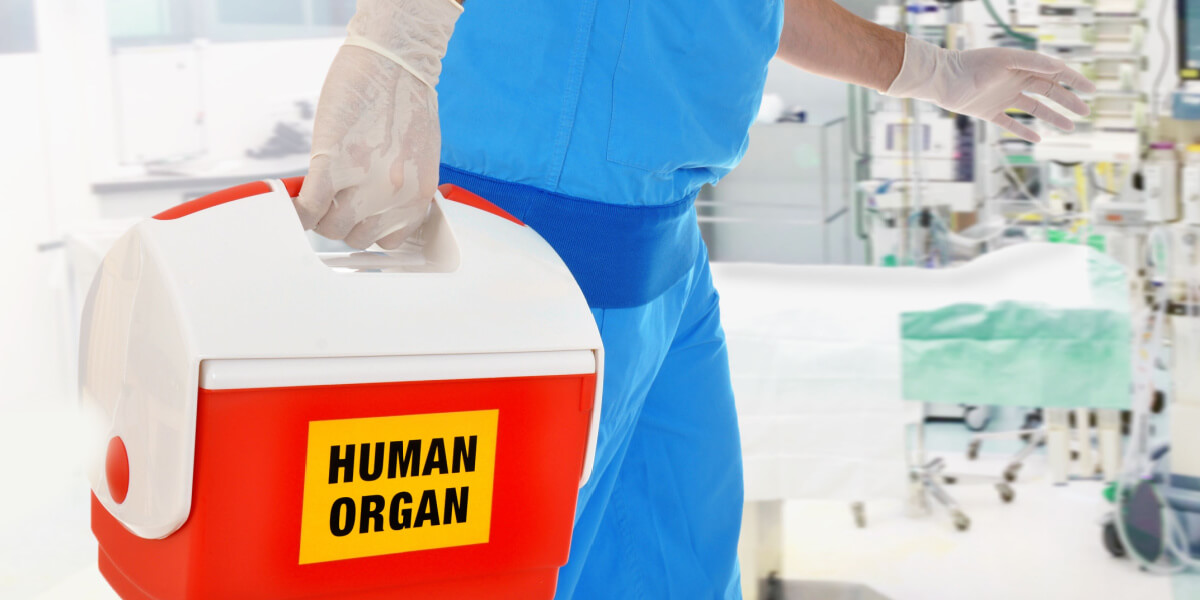
Organ transplantation has revolutionized medical care, offering a new lease of life to patients with organ failure. In India, specialty and multispecialty hospitals have emerged as pioneers in the field of organ transplant, providing advanced surgical techniques, state-of-the-art infrastructure, and a multidisciplinary approach. This article explores the process of organ transplant in India, highlighting the specialties offered by these hospitals and their remarkable contributions to saving lives through successful organ transplantation
Specialty hospitals in India offer expertise in various organ transplant disciplines, ensuring comprehensive care for patients in need. These specialties include:
a) Kidney Transplantation: Renal transplant surgeons perform living donor and deceased donor kidney transplant surgeries, employing minimally invasive techniques and advanced immunosuppressive protocols. These specialists have extensive experience in managing kidney disease and ensuring successful transplantation outcomes.
b) Liver Transplantation: Liver transplant teams comprising hepatologists, transplant surgeons, and intensive care specialists conduct both living donor and deceased donor liver transplants. They excel in complex surgical procedures, post-transplant care, and managing liver diseases like cirrhosis and hepatocellular carcinoma.
c) Heart Transplantation: Cardiac transplant teams consisting of cardiologists, cardiac surgeons, and transplant coordinators undertake heart transplant surgeries. These experts are proficient in recipient and donor selection, surgical techniques, and lifelong management of heart transplant recipients.
d) Lung Transplantation: Pulmonologists, thoracic surgeons, and transplant specialists collaborate to perform lung transplants, offering a lifeline to patients with end-stage lung diseases. They excel in evaluating lung transplant candidates, organ preservation techniques, and post-transplant care.
Multispecialty hospitals in India employ multidisciplinary transplant teams, comprising specialists from various disciplines. These teams work in close coordination to ensure seamless transplantation procedures. They include transplant surgeons, anaesthesiologists, transplant coordinators, immunologists, nephrologists, hepatologists, and critical care specialists. Collaborative efforts of these teams optimize patient outcomes and provide holistic care throughout the transplantation journey.
Specialty and multispecialty hospitals in India actively participate in organ procurement and allocation networks. They collaborate with government-recognized organizations, transplant registries, and non-governmental organizations to facilitate deceased organ donation. Rigorous protocols ensure ethical organ procurement, equitable organ allocation, and adherence to transplantation guidelines.
Hospitals in India leverage advanced transplantation techniques to enhance outcomes and improve patient safety. These include:
a) Laparoscopic and Robotic-Assisted Surgeries: Minimally invasive approaches, such as laparoscopic and robotic-assisted surgeries, minimize surgical trauma, reduce recovery time, and offer enhanced precision during organ transplantation.
b) ABO-Incompatible Transplants: Specialty hospitals perform ABO-incompatible transplants, enabling successful transplantation across blood group barriers. This technique expands the pool of potential donors and improves access to transplantation for patients with limited compatible options.
c) Paediatric Transplants: Hospitals specializing in organ transplantation offer dedicated programs for pediatric patients. These programs cater to the unique medical and surgical needs of children requiring organ transplantation, ensuring comprehensive care from infancy to adolescence.
Specialty and multispecialty hospitals prioritize post-transplant care and rehabilitation. Transplant recipients receive meticulous follow-up care, including immunosuppressive medication management, regular monitoring, and support for managing potential complications. Rehabilitation programs, including physiotherapy and psychological support, aid in the recovery process and help patients regain their quality of life. The multidisciplinary teams work together to provide comprehensive post-transplant care, ensuring the long-term success of the transplantation.